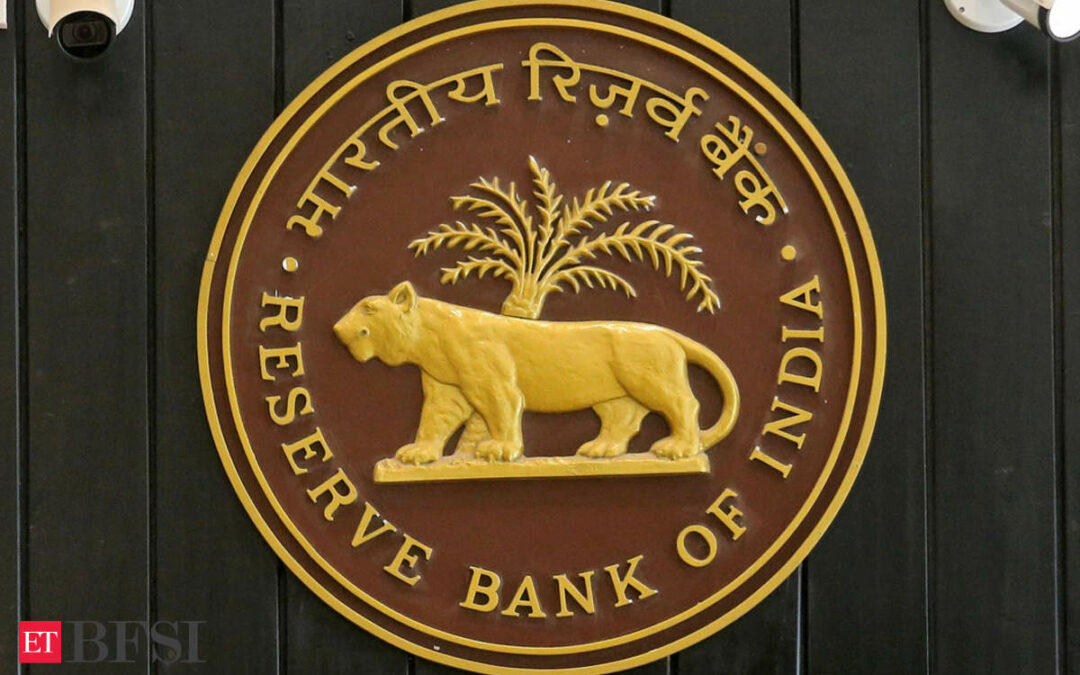The Reserve Bank of India’s (RBI) recent overhaul of regulations for Peer-to-Peer (P2P) lending platforms is poised to reshape the industry, potentially leading to a decline in new investments and subdued growth. However, lenders and borrowers might benefit from greater clarity and transparency as a result of these changes. The new guidelines prohibit P2P platforms from offering immediate withdrawal facilities—a popular feature among investors.
The P2P lending sector, including prominent platforms such as LenDenClub, Liquiloans, Lendbox, Faircent, and Finzy, will need to adapt to these changes while maintaining focus on core lending functions. The industry will have to carefully assess borrower creditworthiness and manage increased operational costs, all while complying with the new regulatory framework set by the RBI.
The restrictions
The revised guidelines aim to address irregular practices and align with the RBI’s 2017 master directions. However, the industry faces a period of adjustment as it navigates these new regulatory requirements, which could impact its growth and operational efficiency.
This restriction, along with a ban on algorithm-based borrower selection, is expected to lead to increased operational costs and manual processes, which could diminish the attractiveness of P2P lending.
Under the revised regulations, P2P platforms are no longer allowed to assume credit risk or provide guarantees, ensuring that lenders are fully responsible for any losses due to borrower defaults. This shift aims to enhance transparency and prevent misleading practices that might have painted an overly optimistic picture of P2P platforms’ performance.
The guidelines also mandate that funds in escrow accounts must be cleared within one day (T+1) of transactions. This requirement is likely to result in higher transfer charges and operational costs for platforms, potentially disrupting investment flows and complicating the reinvestment process. The prohibition on offering credit enhancements or guarantees will further affect how P2P platforms operate, as these features were previously used to attract and retain investors.
Moreover, the RBI has restricted P2P platforms from cross-selling products beyond loan-specific insurance, which is expected to reduce conflicts of interest and focus the platforms on their core function of matching lenders with borrowers.
The updated regulations also introduce stricter requirements for the management of borrower repayments and lender funds, including the maintenance of two escrow accounts with specified timelines for fund transfers. This could lead to increased operational challenges and costs for P2P platforms, raising questions about their long-term viability.











